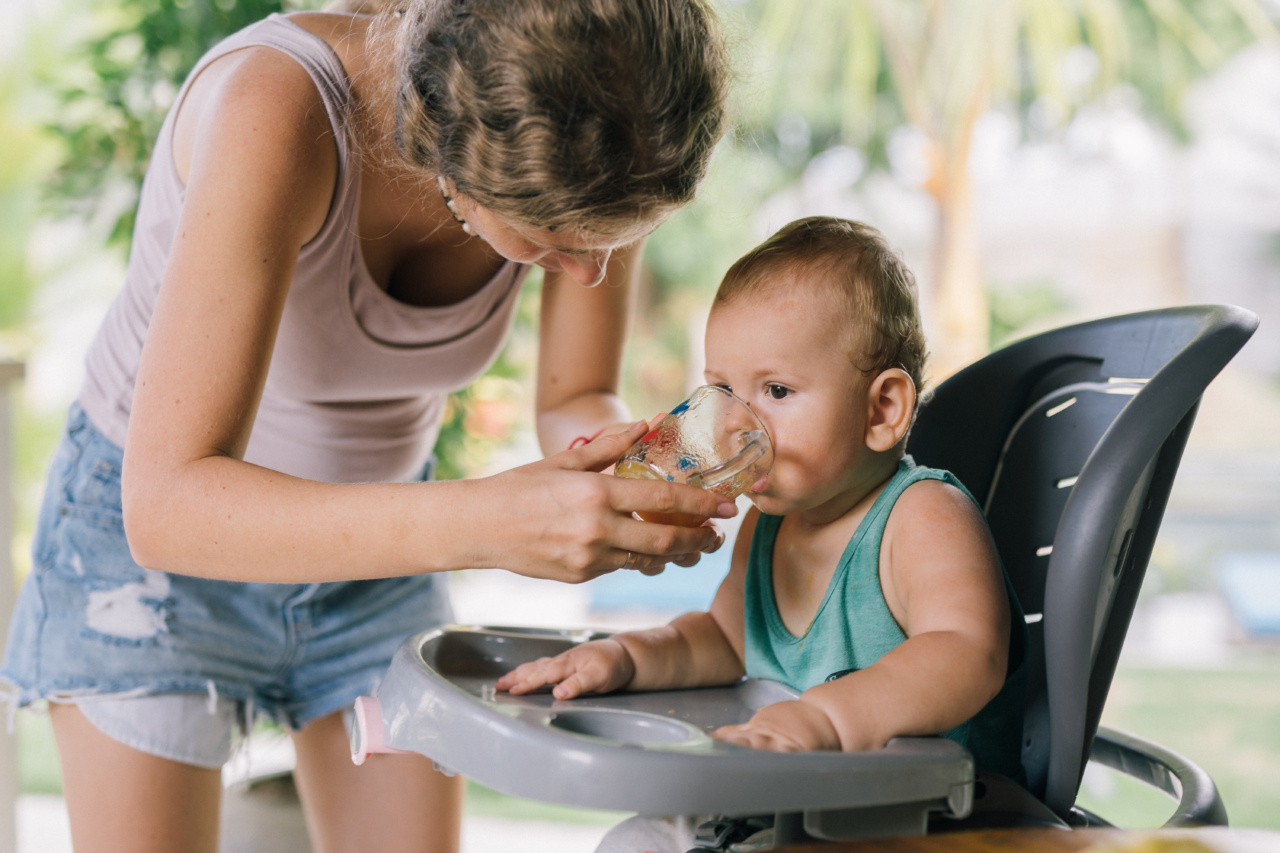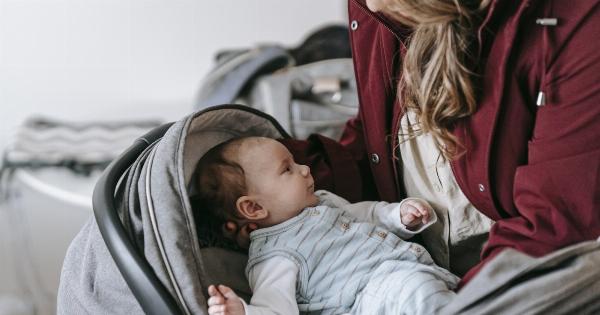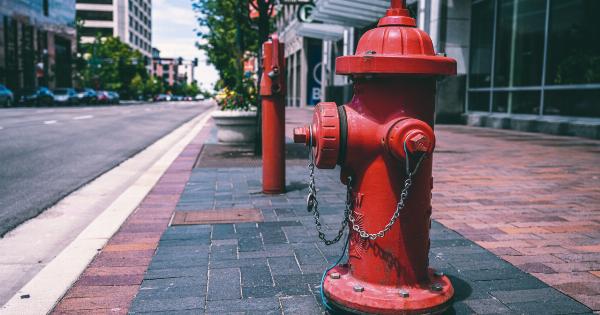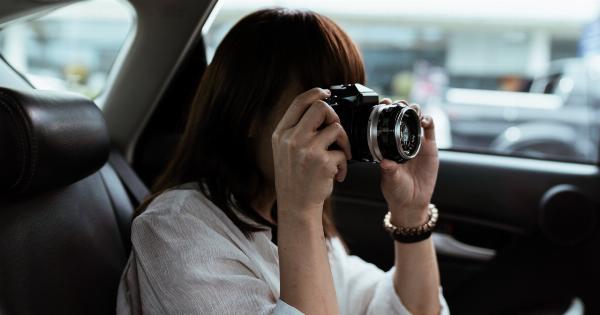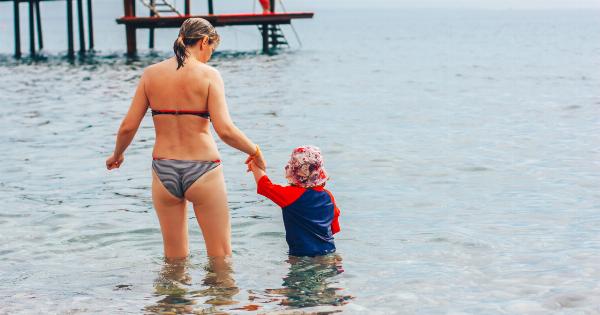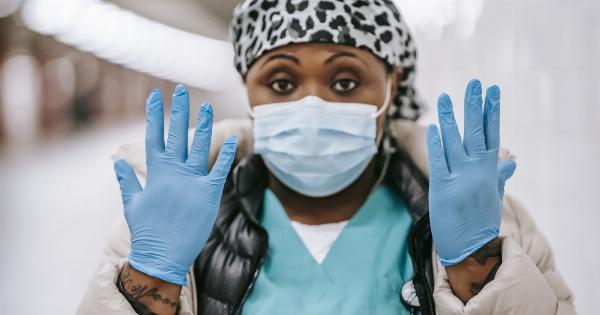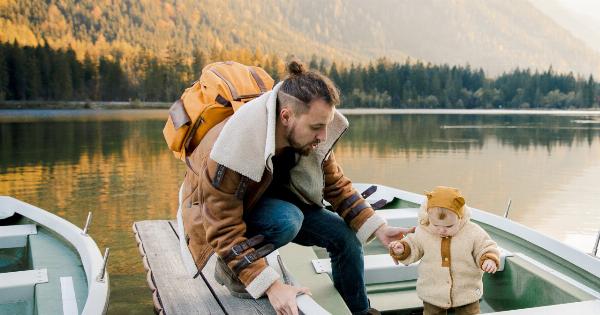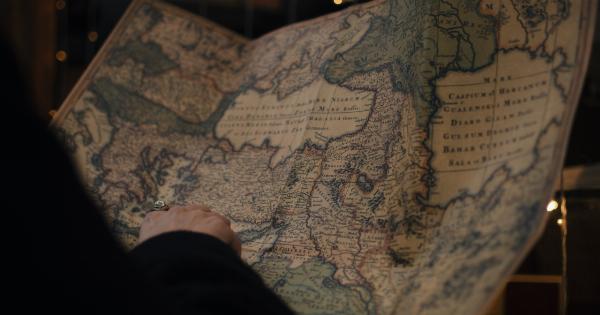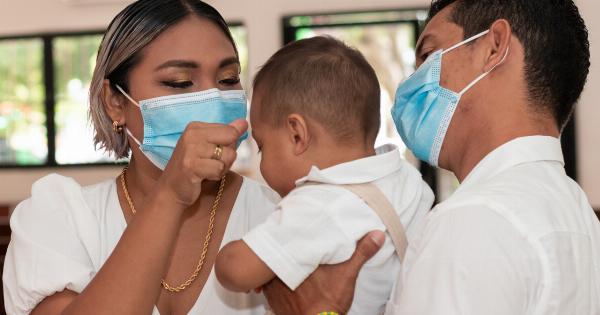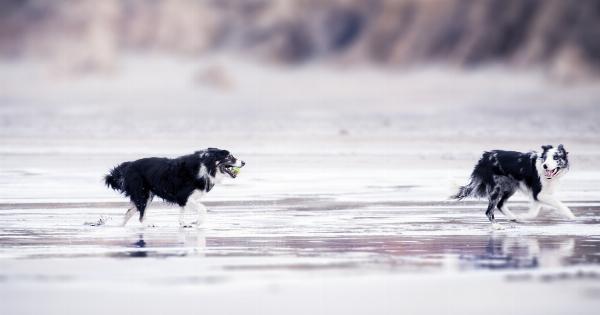As a new parent, taking your baby out and about can be a nerve-wracking experience.
Whether you’re traveling long distances, visiting relatives, or just heading to the local grocery store, it’s essential to practice good safety habits to ensure your baby stays safe and secure. Here are ten tips to help keep your baby safe when you’re out and about:.
1. Choose the Right Car Seat
One of the biggest safety concerns for parents is traveling with your baby in the car.
According to the American Academy of Pediatrics, infants should ride in a rear-facing car seat until they are at least two years old or until they reach the highest weight or height allowed by the car seat manufacturer. Make sure you choose a car seat that is appropriate for your baby’s size and weight and that you follow the manufacturer’s instructions for installation and use.
Check your car seat regularly to make sure it’s still in good condition and has not expired.
2. Install Your Car Seat Properly
Even if you have the right car seat, it won’t do any good if it’s not installed correctly. Always read the manufacturer’s instructions and follow them carefully.
If you’re not sure you’re doing it right, seek help from a certified child passenger safety technician. These trained professionals can teach you how to properly install and use your car seat and answer any questions you may have.
3. Avoid Leaving Your Baby Alone in the Car
It’s never safe to leave your baby alone in the car, even for a few minutes. Infants can overheat quickly, especially in warm weather, and leaving a child unattended in a car increases the risk of suffocation, injury, or death.
Always take your baby with you when you leave the car, even if you’re just popping into a store for a quick errand.
4. Be Careful When Using a Stroller
When using a stroller, make sure your baby is securely strapped in and that the stroller is in good condition. Use the brakes whenever you stop the stroller and never leave your baby unattended.
Be careful when navigating curbs, steps, and other obstacles to avoid tipping over the stroller and injuring your baby.
5. Keep Your Baby Close By
When you’re out in public with your baby, keep them close by your side at all times. Use a baby carrier or sling to keep your baby snuggled up against your chest, or hold your baby securely in your arms.
This makes it less likely that your baby will wander off or become separated from you in a crowded area.
6. Be Prepared for Emergencies
Always be prepared for emergencies by carrying a first aid kit, extra diapers and wipes, and any necessary medications. Make sure you know how to perform CPR and keep a list of emergency phone numbers handy.
If you’re traveling long distances, make sure you pack plenty of food and water for your baby, as well as any necessary items such as breast pumps or formula.
7. Use Sunscreen and Protective Clothing
When you’re out in the sun with your baby, it’s important to protect their delicate skin from harmful UV rays. Use a baby-friendly sunscreen with an SPF of 30 or higher, and dress your baby in lightweight, protective clothing.
Avoid peak sun hours when possible, and try to keep your baby in the shade as much as possible.
8. Practice Safe Sleeping Habits
Whether you’re traveling or at home, it’s important to practice safe sleeping habits to reduce the risk of Sudden Infant Death Syndrome (SIDS).
Always put your baby to sleep on their back in a crib or bassinet with a firm, flat surface and a tight-fitting sheet. Avoid loose bedding, stuffed animals, pillows, and other items that could pose a suffocation risk.
9. Protect against Germs and Illness
When you’re out and about with your baby, it’s important to protect them from germs and illness. Wash your hands frequently and encourage others to do the same, especially before touching your baby.
Avoid crowded areas and people who are sick, and keep your baby’s immunizations up to date.
10. Trust Your Instincts
Finally, always trust your instincts when it comes to your baby’s safety. If something doesn’t feel right, speak up or take action to protect your baby. Follow your gut, and don’t be afraid to seek help or advice from others if you need it.
